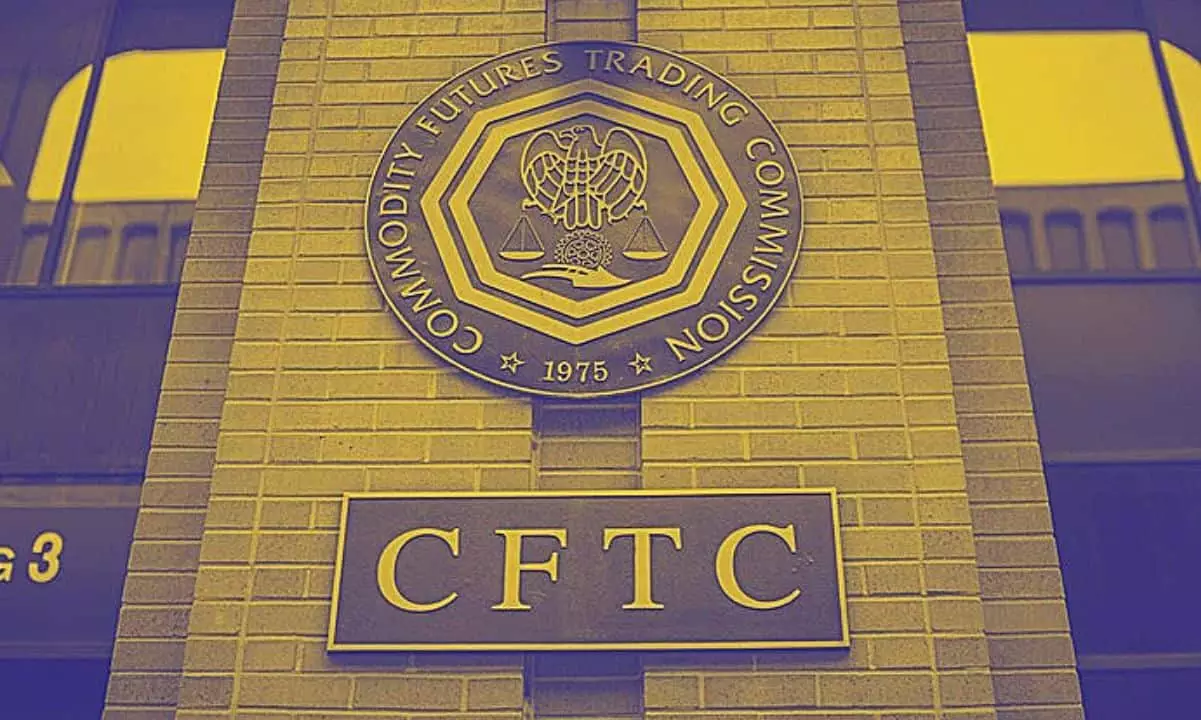In a significant shift in leadership at the Commodity Futures Trading Commission (CFTC), Acting Chair Caroline Pham has announced the appointment of Harry Jung as the Acting Chief of Staff. This strategic decision, made on a Wednesday, positions Jung to spearhead the agency’s initiatives related to crypto and digital assets. His prior experience as Pham’s Counselor and Senior Policy Advisor, coupled with his extensive background from Citigroup and previous regulatory roles, suggests an intent to align the CFTC’s regulatory oversight with rapidly evolving digital markets.
This appointment occurs against a backdrop of broader leadership upheaval shortly after Pham’s own interim appointment, which was orchestrated by President Donald Trump. The timing is crucial; as the market for digital assets burgeons, regulatory clarity becomes increasingly essential for ensuring compliance and safeguarding investors. Pham has been actively involved in shaping the CFTC’s approach to digital assets. Notably, she initiated the formation of a Digital Asset Markets subcommittee and proposed a regulatory sandbox aimed at testing innovative technologies. These efforts indicate a proactive stance toward crafting a more robust regulatory framework for the burgeoning digital economy.
The Departure of Rostin Behnam
Rostin Behnam, the outgoing CFTC Chairman, who is set to leave the commission soon, was a prominent advocate for the regulatory oversight of cryptocurrencies. During his tenure, he championed significant enforcement actions to curb potential risks from the rapidly evolving digital asset space. His leadership saw the CFTC enact critical measures, including a notable settlement with Binance, showcasing the agency’s commitment to oversight amid allegations of regulatory infraction within the community. His departure raises questions about the future direction of the agency and who will fill that leadership void.
Currently, there is speculation around former CFTC Commissioner Brian Quintenz as a likely candidate to take over the vacancy left by Behnam. Known for his experience and understanding of the complex digital asset landscape, Quintenz could bring continuity to the regulatory efforts initiated under Behnam. Meanwhile, as the agency readies itself for this leadership transition, the urgency to address allegations of market manipulation and regulatory breaches becomes more pronounced, especially with ongoing scrutiny around platforms like Polymarket.
Interestingly, these shifts at the CFTC are part of a larger pattern of regulatory realignment across U.S. financial agencies. Mark Uyeda has stepped in as the acting chair of the U.S. Securities and Exchange Commission (SEC), succeeding Gary Gensler, with a mandate to reassess the agency’s stance towards crypto regulation. Uyeda’s advocacy for less stringent regulatory measures is likely to resonate with the crypto industry, which has often criticized prior enforcement actions as overreaching. Additionally, the Federal Deposit Insurance Corporation (FDIC) has seen similar changes, with Travis Hill appointed as temporary chair.
Together, these appointments and changes signify a pivotal moment for the CFTC and its regulatory counterparts as they navigate the complexities of the crypto landscape. The commitment to fostering a regulatory environment that balances oversight with innovation is more crucial than ever. As the U.S. regulatory landscape evolves, it remains to be seen how the CFTC under Pham and Jung will shape the future of digital asset regulation in America.

